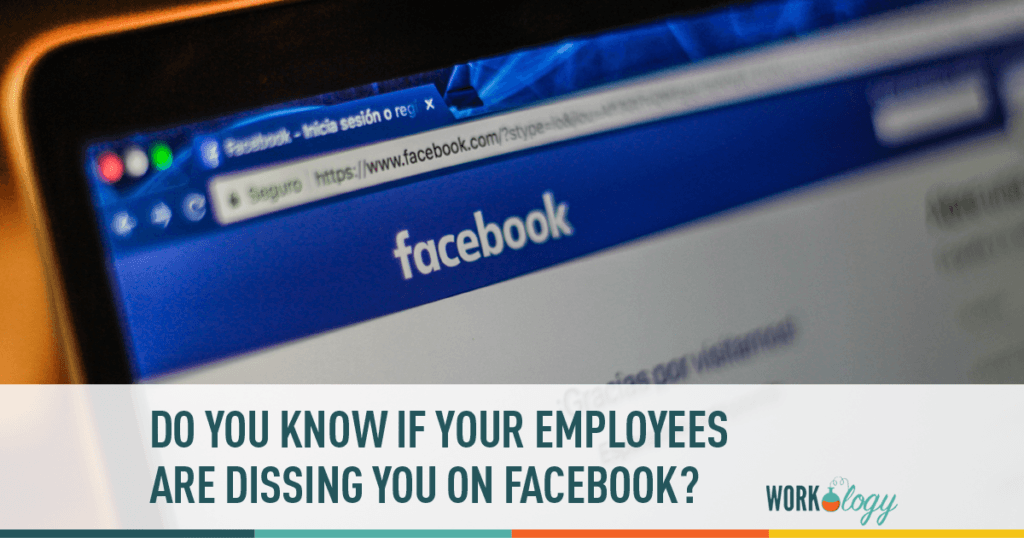In Pietrylo v. Hillstone Restaurant Group d/b/a Houston’s, two non-managerial employees of a New Jersey restaurant created a password-protected MySpace page to air their grievances against their employer. They invited other current and former employees to join and talk about all the “crap/drama/and gossip occurring in our workplace, without hav[ing] to worry about outside eyes prying.”
The MySpace page, with its vocal and occasionally profane content, created a buzz among the restaurant staff. Eventually, a manager learned of the page when an invited employee showed him a posting. Amazed, the manager told another manager and they requested that same employee’s password in order to review the content more thoroughly. After ducking the request a few times, the employee relinquished her password, ultimately opening the door for all the managers to access the page and read its content. Although the restaurant had no policy prohibiting employees from using social media to comment on its business and workplace issues, the employer fired the two employees who started the MySpace page.
The fired employees responded by filing suit, asserting their right to free speech and privacy, as well as violations of the Stored Communications Act (SCA). In July 2008, the district court granted summary judgment for the employer on the plaintiffs’ free speech claim but found there were issues of fact on the privacy and SCA claims. At trial, the jury focused on whether the employer effectively coerced the one employee to disclose her password, therefore accessing the social networking site without authorization. The jury ultimately found that the employee’s consent was coerced and ruled in favor of the former employees in June 2009. The United States Court of Appeals for the Third Circuit affirmed that decision in September 2009.
Social Networking and Employer Risks
The Pietrylo case highlights the risks to employers if they do business in this age of social networking without a policy that clearly informs employees what they can and cannot do, as well as the consequences for their employment. Can employees use social networking sites at work? Can they publicly blog about sensitive work issues or criticize competitors without advance approval? Can they use social media as a platform to disparage their company or supervisor during non-working hours? Pietrylo also highlights the risks to employers if they strong-arm their employees for access to password-protected social networking sites (e.g., Facebook, MySpace and LinkedIn) to see what employees are posting about work.
What should employers do to minimize their risks regarding social media? Here are several steps every business can take to begin addressing these emerging issues:
* Determine whether your state has laws that protect an employee’s off-duty conduct.
* If you are concerned about certain off-duty conduct, ascertain whether it involves union organizing and protected concerted activity.
* Craft a reasonable, balanced social media policy that protects you but does not alienate your employees.
* Disseminate and train employees on the policy.
* Make sure employees understand the consequences if they violate the policy.
* Consult regularly with your labor and employment counsel to stay abreast of this rapidly evolving area of law.
This article contains material of general interest and should not be construed as legal advice or a legal opinion on any specific facts or circumstances. Under professional rules, this content may be regarded as advertising material.
© 2010 Much Shelist Denenberg Ament & Rubenstein, P.C. All rights reserved.
Anne E. Larson, Chair of the Much Shelist Labor & Employment group, concentrates her practice on management-side labor and employment matters and tries discrimination, wage and non-competition/trade secrets disputes in state and federal courts throughout the country. Business owners depend on Anne for anti-harassment training and cost-conscious advice on their hiring/firing practices, employee handbooks, and disability and leave issues. Executives rely on her negotiating skills for their compensation and severance agreements. For more information visit, http://www.muchshelist.com/Anne_E._Larson.htm.







